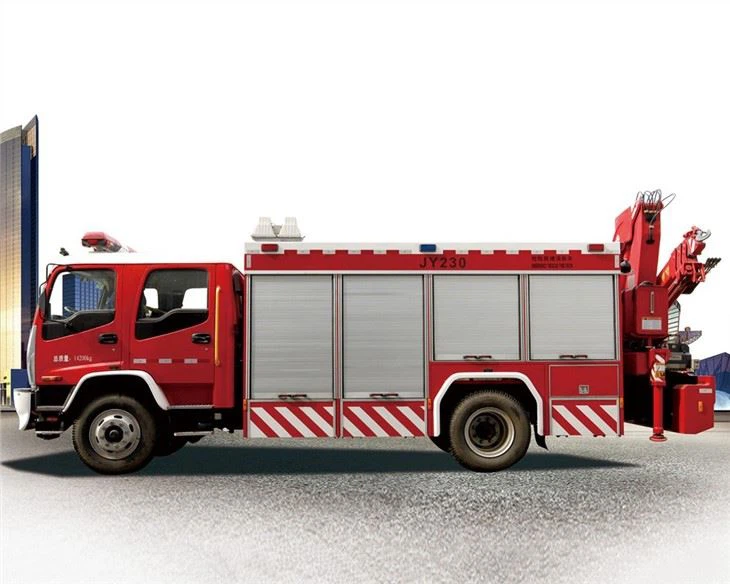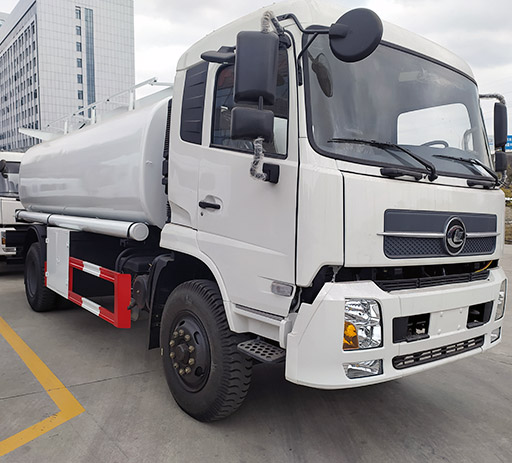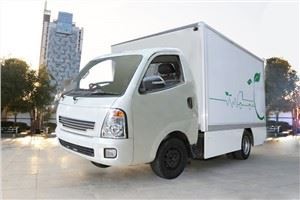Ultimate Guide to Water Tank Trailers: Everything You Need to Know

Water tank trailers are essential for a variety of industries, from agriculture to construction. They offer a flexible solution for transporting water to remote locations, making them indispensable for irrigation, firefighting, and even recreational purposes. In this comprehensive guide, we will delve into the different types of water tank trailers, their features, applications, and purchasing tips.
What is a Water Tank Trailer?
A water tank trailer is a specialized trailer designed to transport water securely and efficiently. Typically equipped with a cylindrical tank mounted on a trailer frame, these trailers are used for various applications, including agricultural irrigation, dust control at construction sites, and firefighting efforts.
Types of Water Tank Trailers
1. Agricultural Water Tank Trailers
Agricultural water tank trailers are crucial for farmers who need to irrigate crops. These trailers can hold large volumes of water and often come with a pump system for easy distribution.
2. Construction Water Tank Trailers
Used primarily for dust control and site maintenance, construction water tank trailers ensure that construction sites remain compliant with environmental regulations. They often feature a spray nozzle for even water distribution.
3. Firefighter Water Tank Trailers
Firefighting water tank trailers are utilized by fire departments, especially in rural areas. These trailers are equipped with high-capacity pumps for quick deployment in emergencies.
4. Recreational Water Tank Trailers
Used for camping or outdoor events, recreational water tank trailers provide a portable water supply for drinking, cooking, and cleaning. They are usually lightweight and easy to tow.
Key Features of Water Tank Trailers
1. Tank Size and Capacity
The size of the tank varies depending on the intended application. Common sizes range from 300 to 2,500 gallons. Consider your specific needs when selecting a trailer capable of carrying the required volume.
2. Construction Material
Water tank trailers typically have tanks made of polyethylene, aluminum, or steel. Polyethylene is lightweight and resistant to corrosion, while aluminum and steel offer durability.
3. Pump System
Many water tank trailers come with integrated pump systems. These pumps can be either manual or powered, providing flexibility for varied applications.
4. Hitch Type
Water tank trailers can be equipped with different hitch types, including bumper pull, gooseneck, or fifth wheel. The hitch type determines compatibility with your towing vehicle.
How to Choose the Right Water Tank Trailer
1. Assess Your Needs
Determine the primary use of the trailer. Will you need it for agriculture, firefighting, or recreational purposes? Assess the volume of water you need to transport and any specialized features required, such as pump systems or spray nozzles.
2. Consider the Towing Vehicle
Ensure that your towing vehicle has the capacity to haul the desired trailer size. Check the manufacturer’s specifications for the weight limit of your vehicle.
3. Budget and Cost
Water tank trailers range from a few hundred to several thousand dollars, depending on size and features. Determine your budget before shopping to narrow your options effectively.
Maintenance Tips for Water Tank Trailers
1. Regular Cleaning
To prevent algae growth and contamination, regularly clean the water tank. Use a mixture of water and vinegar or a specialized cleaning solution suitable for water tanks.
2. Inspect for Leaks
Check for any leaks or damages in the tank or trailer frame. Address any issues promptly to avoid expensive repairs later.
3. Winterization
If you live in a cold climate, winterize your water tank trailer to prevent freezing. Drain the tank and add antifreeze to protect the pump system.
Practical Examples of Water Tank Trailer Uses
1. Agricultural Irrigation

A farmer may use a 1,000-gallon water tank trailer to transport water from a nearby lake to irrigate crops in dry seasons, ensuring a steady supply for high-yield harvests.
2. Construction Site Management
On a large construction project, a 2,000-gallon trailer is utilized for dust control, equipped with a spray nozzle to keep dust down during excavation work to comply with local regulations.
3. Emergency Firefighting
A rural fire department relies on a high-capacity water tank trailer with a quick-dispersion pump to respond rapidly to wildfires in remote areas without accessible hydrants.

4. Camping Needs
A recreational water tank trailer with a 300-gallon capacity is perfect for a camping trip, providing easy access to a water supply for cooking and cleaning while enjoying the outdoors.
FAQs About Water Tank Trailers
1. What size water tank trailer do I need for my farm?
The size of the water tank trailer you need depends on the size of your farm and the amount of water required for irrigation. Generally, a 1,000 to 2,000-gallon tank may be sufficient for most farms.
2. How do I maintain my water tank trailer?
Regular cleaning, inspecting for leaks, and winterization are crucial steps to maintain your water tank trailer effectively. Always refer to the manufacturer’s guidelines for specific maintenance recommendations.
3. Can I use a water tank trailer for drinking water?
Yes, but ensure the tank material is food-grade and that you regularly clean and sanitize it to prevent contamination.
4. How do I know if my vehicle can tow a water tank trailer?
Check your vehicle’s towing capacity in the owner’s manual. Ensure that this capacity exceeds the weight of the fully-loaded water tank trailer.

5. Are water tank trailers road-legal?
Generally, yes, but you must ensure your trailer complies with local regulations regarding lights, brakes, and other safety features.
